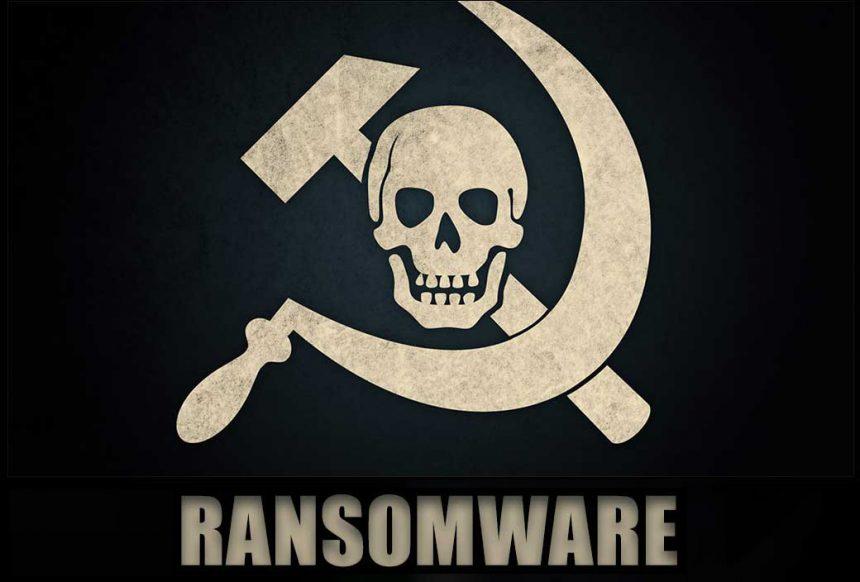Rivd Ransomware has joined the ranks of the prolific STOP/Djvu Ransomware family. It has been observed locking files and demanding a ransom, similar to other associated ransomware strains within the same group. If you tend to install applications from unfamiliar third-party sites, you may end up exposing yourself to threats like Rivd Ransomware.
Rivd Ransomware is a data-encrypting threat that can corrupt and encrypt multiple file types, including photos, music, documents, and videos. Once installed, Rivd Ransomware appends the .Rivd file extension to encrypted files and leaves a ransom note named !README!.txt in every folder containing encrypted files.
Sadly, there is no free decryption tool for Rivd Ransomware available at the moment. The only reliable way to recover files is to restore them from a backup or use alternative data recovery options. The hackers behind Rivd Ransomware may promise to provide a decryptor in exchange for payment in Bitcoin and you may feel compelled to pay, but it is not likely that you will receive the decryption tool.
As far as the distribution is concerned, Rivd Ransomware spreads just like many other ransomware variants do. It can spread through spam email attachments or via malicious third-party websites. It can also use Remote Desktop Protocol to access the target computer remotely. Once on the computer, the infection encrypts most of the user’s files using the AES-256 encryption algorithm and then demands a ransom in exchange for the decryption key.
How to Protect Yourself from Rivd Ransomware?
To protect yourself from a Rivd Ransomware attack, you should maintain adequate backups of your valuable files. It would give you access to your important files even in the event of a malware or ransomware attack. Additionally, you should have a reputable malware remediation tool installed on your computer.





